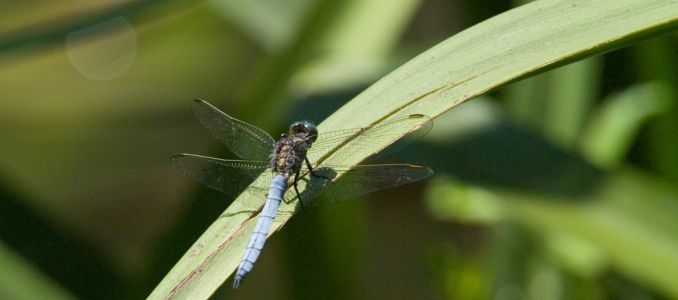
USDA's Quiet Force Against Invasive Species Gains Urgency
A federal plant protection program strengthens its front-line response to growing ecological threats amid climate change and rising global trade.
- By Stasia DeMarco
- May 30, 2025
As threats from invasive pests and plant diseases grow amid climate change and global trade, a little-known branch of the U.S. Department of Agriculture is playing a pivotal role in defending the nation's natural ecosystems.
The Plant Protection and Quarantine (PPQ) program, operated by USDA’s Animal and Plant Health Inspection Service (APHIS), is tasked with preventing the introduction and spread of harmful organisms that can devastate native species and disrupt environmental balance.
“Every year, our inspectors and scientists work to intercept hundreds of high-risk pests at U.S. ports of entry,” said a spokesperson for APHIS. “Our goal is to act before these species become unmanageable.”
PPQ's mission includes everything from regulating imported plant products and managing pest detection programs to collaborating with state and tribal agencies. Its work affects not just farmers, but also foresters, conservationists, and communities concerned about habitat loss and biodiversity threats.
One recent example involved the emerald ash borer, an invasive beetle blamed for the destruction of tens of millions of ash trees across the country. Through early detection efforts and regulatory measures, PPQ helped slow its spread in vulnerable areas, reducing long-term ecological damage.
The program’s activities tie closely to broader environmental protection goals, experts say. Invasive plant pests and diseases can alter soil health, water quality, and wildlife food sources, creating ripple effects across entire ecosystems.
“Invasive species are not just an agricultural issue—they’re an environmental issue,” said Dr. Lynn Carson, an ecologist with the National Environmental Coalition. “Programs like PPQ are frontline defenses in our climate resilience toolkit.”
As international trade and travel continue to increase, APHIS officials stress the need for public awareness and stronger partnerships. Educational outreach, enhanced inspections, and updated quarantine protocols remain top priorities for the agency.
For more information on PPQ and its programs, visit www.aphis.usda.gov.
About the Author
Stasia DeMarco is the Content Editor for EPOnlne.